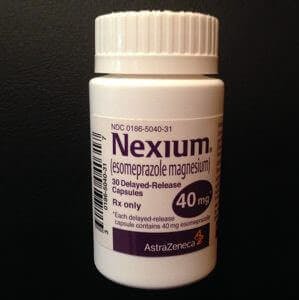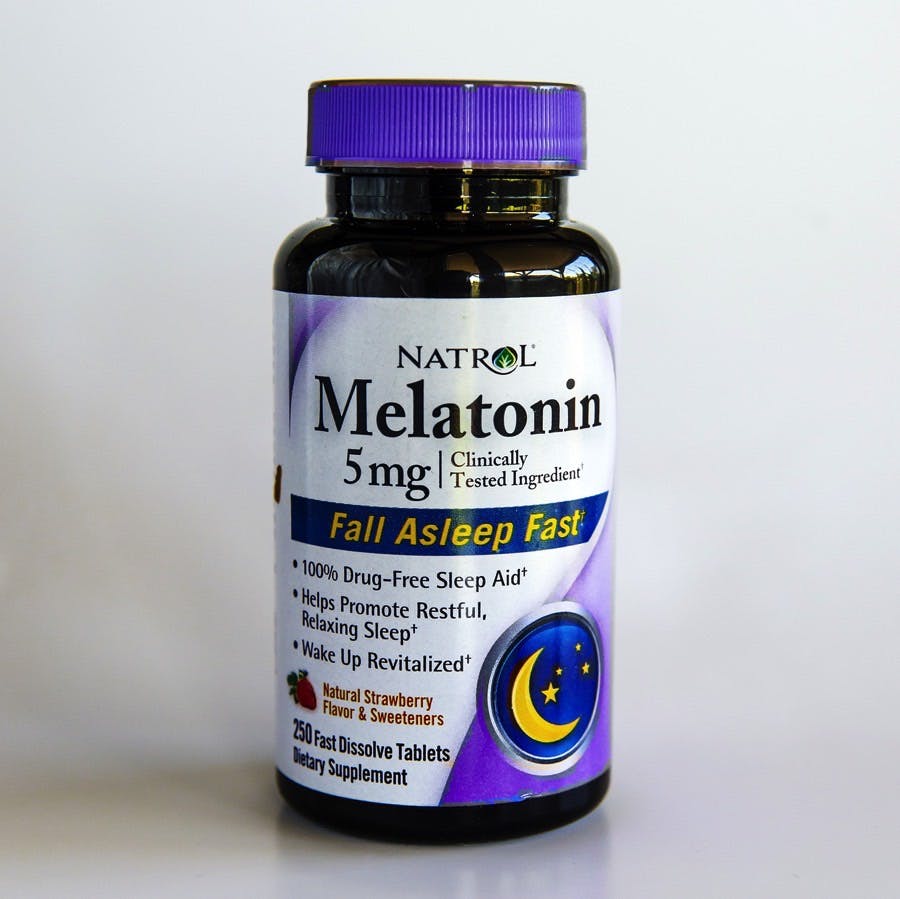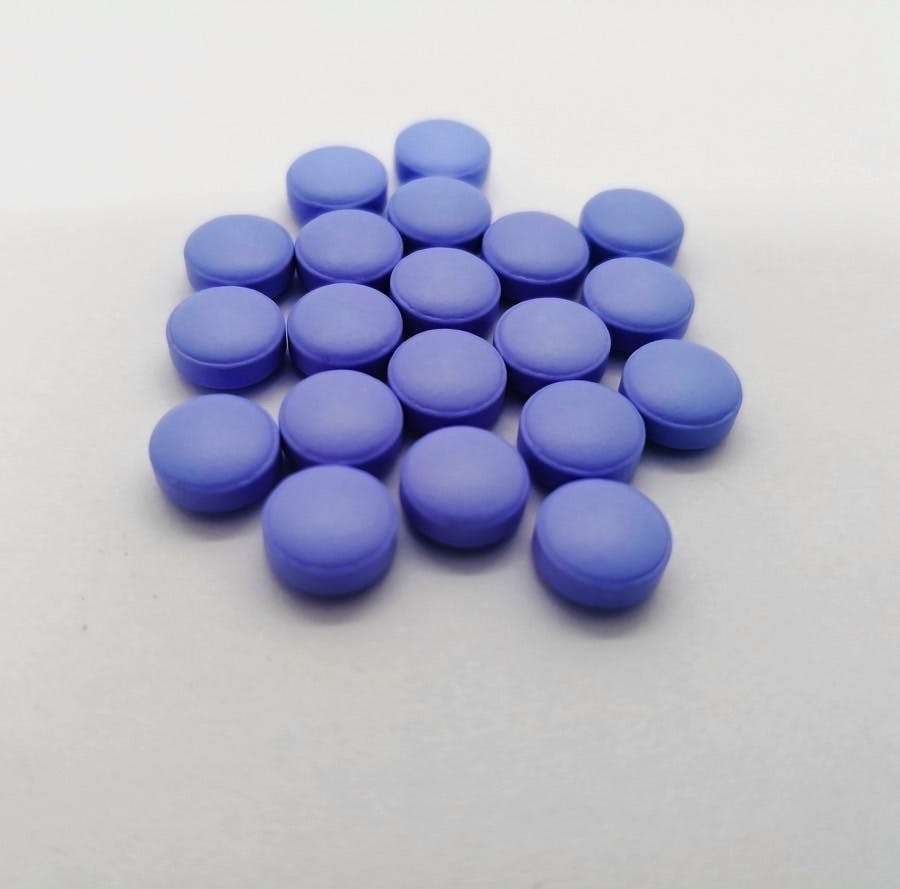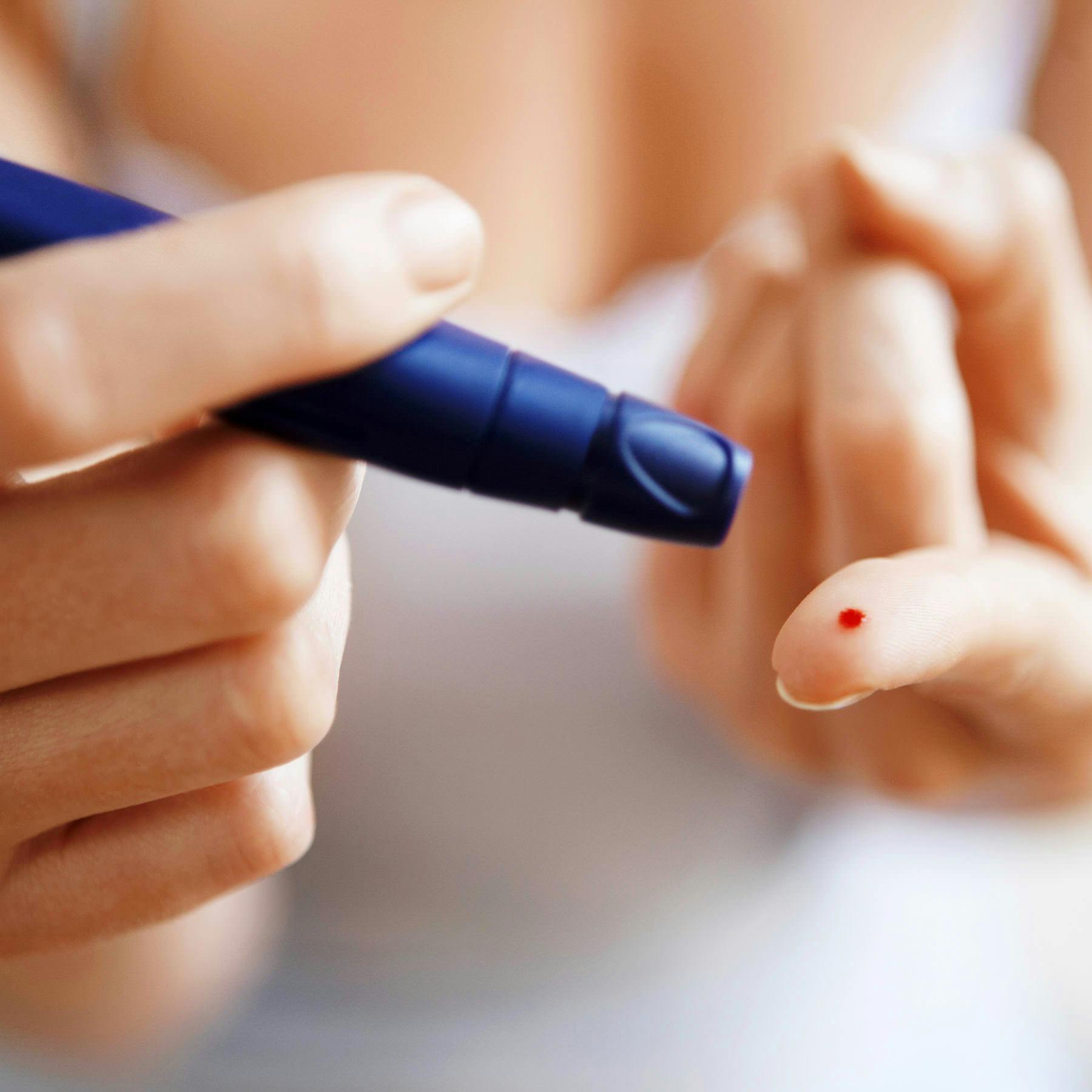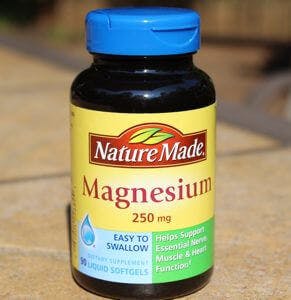Articles categorized as Gastroesophageal Reflux Disease Gerd Or Heartburn
How You Can Use Melatonin to Ease Reflux
Although melatonin is usually sold over the counter as a sleep aid, research indicates it can also help ease symptoms of acid reflux.
Show 1316: Protecting Your Digestive Tract
What questions do you have about protecting your digestive tract? On 9/24/22, we'll talk with gastroenterologist Nick Shaheen in a live Q&A.
Show 1179: What Should You Do About Digestive Distress? (Archive)
Listen to find out when your digestive distress might signal a serious problem and when you could manage it at home with simple remedies.
Can You Use D-Limonene to Overcome Heartburn?
D-limonene derived from citrus peels may help ease the symptoms of acid reflux. Some people take it for gallstones, too.
What Are Downsides to New Secret Weapon for Heartburn?
We warn a reader to be wary of a secret weapon for heartburn. It turns out to be generic Nexium, and long-term use has potentially serious complications.
Are Drug Companies Making a Killing on Convenience?
Pharmaceutical manufacturers have faigured out another way to make money. Are some drug companies making a killing by combining inexpensive OTC ingredients?
Apple Cider Vinegar Is a Weird Remedy for Heartburn
Taking a spoonful or two of apple cider vinegar mixed in water is a popular remedy for heartburn. While not everyone finds it helpful, many people do.
What Are the Risks of PPIs for Children?
A new study suggests that there may be some unexpected risks of PPIs for young children. They have more infections when they take acid-suppressing drugs.
European Drug Regulators Recalling Zantac (Ranitidine) – FDA Not Yet!
Why are drug regulators recalling Zantac in Canada and Europe? Why is the FDA biding its time? Is there a reason to worry about a carcinogen in ranitidine?
Viagra (Sildenafil) Triggers Both Erections and Heartburn
The erectile dysfunction drugs relax smooth muscle. The result is both erections and heartburn, helpful and undesirable effects.
The Dangers of Diclofenac and Other NSAID Pain Relievers
A Danish study reviews the dangers of diclofenac and finds that it can harm the heart and digestive tract. Are topical NSAIDs like Voltaren Gel any safer?
PPI Side Effects Continue to Scare Us To Death
PPI side effects keep accumulating. The latest news relates to type 2 diabetes. Will the FDA pay attention to these serious complications?
Are New Drugs Rushed to Market Without Adequate Safety Studies?
How concerned are you about FDA oversight of new drugs? Is the FDA doing a good job requiring drug companies to follow up on drug safety tests? New data!
What Do You Do When Your Specialists Disagree?
Have you ever been caught in the middle of an argument? It's an uncomfortable place to be. When specialists disagree, patients are left holding the bag.
Turmeric in Milk Prevents Stomach Upset
The traditional Indian remedy of drinking turmeric in milk can provide anti-inflammatory benefits with causing digestive distress.
Do Zolpidem (Ambien) Side Effects Include Horrible Heartburn?
If patients are warned about Zolpidem (Ambien) side effects they may be told about morning hangover or driving impairment. Indigestion may not be mentioned.
Can PPI Heartburn Drugs Harm Kidneys Without Early Symptoms?
A new study suggest that long-term use of potent acid-suppressing drugs (PPIs) may increase the risk of chronic kidney disease without much warning.
Does Ranitidine Have the Same Risks as a PPI?
Ranitidine (Zantac) can help control heartburn. It has fewer serious side effects than the popular PPI medicines like omeprazole, but it can interfere with vitamins.
How to Prevent Heartburn with Green Tea
One reader discovered that a daily cup of green tea could prevent heartburn. Could it work to help you with GERD or acid reflux?
How to Improve Digestive Health with a Poop Transplant
A poop transplant that alters the disturbed microbiota of a diseased digestive tract can provide surprising relief from diarrhea, pain and other symptoms.
When Is It Best to Take Nexium?
To get the best absorption of prescription esomeprazole delayed release capsules, take Nexium at least one hour before any meal,
Why is the FODMAP Diet Gaining Converts?
We bet you have never heard of the FODMAP diet, right? It could be the next big thing in gastroenterology for a variety of GI problems, especially gas.
How to Stop Prilosec by Taking Papaya
Could papaya enzymes help control the horrible heartburn associated with stopping a PPI medicine such as Prilosec?
Is Your Heartburn Pill Putting You at Risk of Dementia?
A German study suggests a link between long-term use of a heartburn pill like omeprazole and dementia. How serious is the risk?
Heartburn Medicines Boost Risk of Heart Attacks and Other Complications
PPIs are the latest medications to pose an increased risk of heart attacks. What other health problems are linked to proton pump inhibitors (PPIs)?
Acid-Suppressing Medicine Can Deplete the Body of Needed Magnesium
Acid-suppressing drugs can control heartburn symptoms, but they can also reduce absorption of important nutrients including magnesium and vitamin B12.
Drugs for GERD Can Deplete the Body of Crucial Vitamin B12
You may not know it, but common over the counter acid suppressing drugs can interfere with the body's absorption of Vitamin B12, leading eventually to a deficiency.
Clopidogrel (Plavix) Side Effects and Interactions
Clopidogrel (Plavix) is often prescribed with aspirin to keep a stent in a coronary artery from clogging up. How long should you take this dual antiplatelet therapy? What about interactions?
Getting Off Drugs for GERD Requires Strategy
Acid-suppressing drugs used to treat GERD can cause rebound heartburn, making it difficult to stop taking them.


